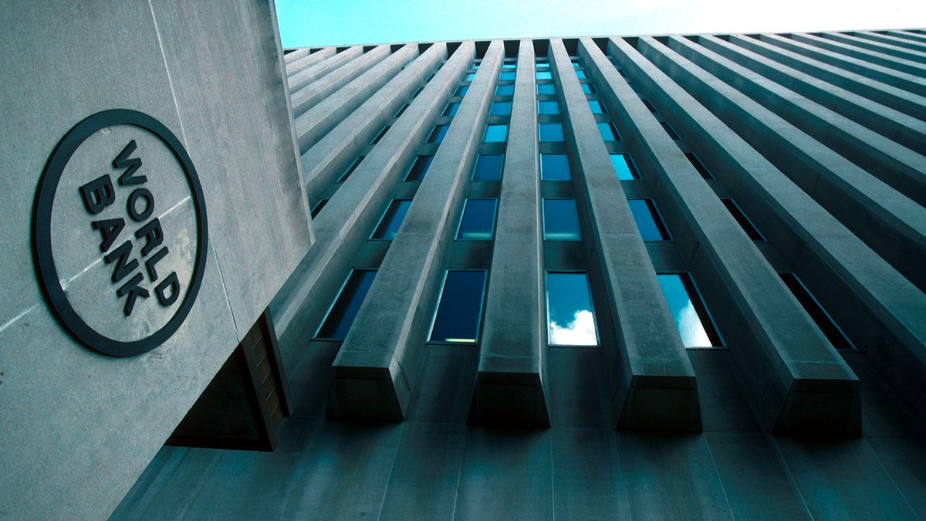The World Bank Group’s Board of Executive Directors on Thursday discussed the new Country Partnership Framework (CPF) 2023-2027 for the Maldives, which aims to support the country to achieve a green, resilient, and inclusive high-growth future.
The new five-year strategy lays out key areas for work by the World Bank Group’s member organizations, including the World Bank, the International Finance Corporation (IFC) which focuses on the private sector in developing countries and the Multilateral Investment Guarantee Agency (MIGA) which offers political risk insurance and credit enhancement guarantees.
The new CPF aims to achieve three high-level objectives: increased access to economic opportunities, improved human capital outcomes, and improved resilience to shocks. To achieve these objectives, the CPF will focus on strengthening the quality and reach of education and health systems, enhancing the protection of the vulnerable population, ensuring efficiency and transparency in the fiscal space, leveraging natural resources to increase growth while protecting natural assets like coral reefs and mitigating climate risks, and investing in new frontiers like digital technologies to enhance service delivery and to provide new opportunities for the people especially women and youth.
The CPF was developed based on a comprehensive analysis of Maldives’ development challenges and potential opportunities through a Systematic Country Diagnostic update, as well as lessons learned from the implementation of the previous CPF and extensive consultations with the authorities, civil society, the private sector, academia, and international development partners.
“Our new Country Partnership Framework with the Maldives reflects the close collaboration and consultation with the government, civil society, development partners, and other stakeholders in the country. We believe this partnership will support Maldives in achieving its development goals and building a green, resilient, and inclusive future for all Maldivians,” said Faris Hadad-Zervos, the World Bank Country Director for Maldives, Nepal and Sri Lanka.
The current World Bank program in Maldives includes 9 projects financed by the International Development Association (IDA) and one IDA guarantee operation for a total net commitment of $178 million. The projects are focused on renewable energy, youth resilience and employability, digital development, urban development, solid waste management, COVID-19 response, health, education, and social protection. The World Bank also provides analytical support in macroeconomic monitoring and analysis, the financial sector, social protection, and poverty.
Maldives became a member of the International Finance Corporation (IFC), a sister organization of the World Bank focusing on private sector development and a member of the World Bank Group, in 1983. Since then, IFC has invested over $200 million, including mobilization from other institutions.
“Unlocking the potential of the private sector is key to helping spur economic transformation for the Maldives. Promoting private sector-led growth, with an increased focus on the digital economy, will help diversify the economy, delivering benefits for all people. Over the past two years, IFC has accelerated its work in Maldives with key investments in the financial and digital infrastructure, supporting economic transformation and boosting resilience. We remain committed to continuing our support and look forward to working with the government and other partners to implement the CPF over the next five years,” added Hector Gomez Ang, IFC Regional Director for South Asia.


















